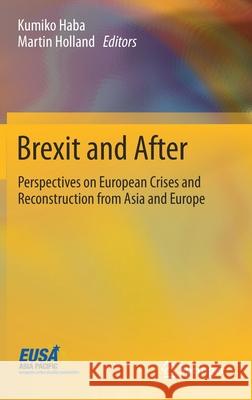Brexit and After: Perspectives on European Crises and Reconstruction from Asia and Europe » książka
topmenu
Brexit and After: Perspectives on European Crises and Reconstruction from Asia and Europe
ISBN-13: 9789811579684 / Angielski / Twarda / 2020 / 213 str.
Brexit and After: Perspectives on European Crises and Reconstruction from Asia and Europe
ISBN-13: 9789811579684 / Angielski / Twarda / 2020 / 213 str.
cena 523,30
(netto: 498,38 VAT: 5%)
Najniższa cena z 30 dni: 501,19
(netto: 498,38 VAT: 5%)
Najniższa cena z 30 dni: 501,19
Termin realizacji zamówienia:
ok. 22 dni roboczych.
ok. 22 dni roboczych.
Darmowa dostawa!
Kategorie BISAC:
Wydawca:
Springer
Język:
Angielski
ISBN-13:
9789811579684
Rok wydania:
2020
Wydanie:
2021
Ilość stron:
213
Waga:
0.50 kg
Wymiary:
23.39 x 15.6 x 1.42
Oprawa:
Twarda
Wolumenów:
01
Dodatkowe informacje:
Wydanie ilustrowane











